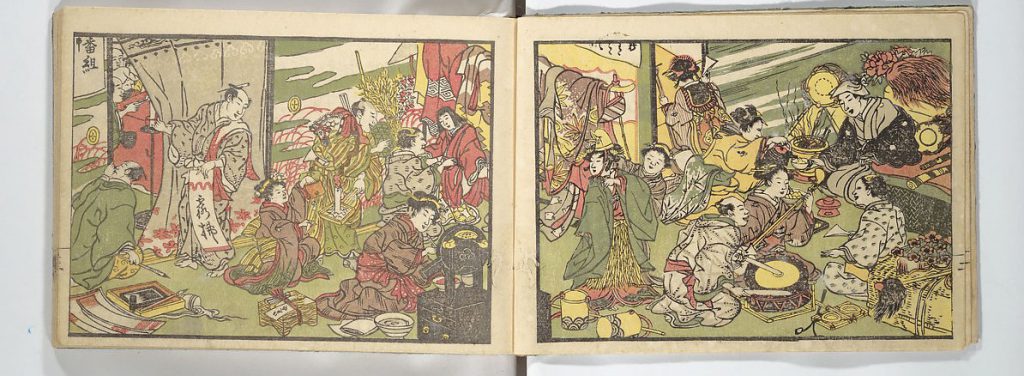
The Metropolitan Museum of Art, New York (2013.798)
Research Skills Training
The Royal Musical Association regularly organises research skills events designed to support research students and early career researchers. The topics of the events range from archival studies to mental health and wellbeing. We aim to offer a wide range of workshops which meet the needs of the new generation of music researchers. Research skills events are regularly featured during the RMA Annual Conference and the RMA/BFE Research Students’ Conference. There are also standalone events. Keep an eye out on our website and social media for regular announcements.
Contact researchskills@rma.ac.uk for questions, comments and suggestions.
Latest Updates
See https://www.rma.ac.uk/tag/researchskills/ for the latest news and events relating to Research Skills.
Research Resources
Below are a few resources suggested by the RMA Student Committee. Please contact the committee with recommendations for additional resources for this page.
Equality, Diversity, and Inclusion in Music Studies – Resources. This page lists a number of wellbeing guides, websites, reports, pedagogical tools, scholarly articles, funding links and other resources on making music studies more inclusive.
“Online Resources for Musicians During the Quarantine Era”. Compiled by the 2020 RMA Student Committee, this blog post lists a number of online resources to aid graduate student researchers.
Canadian University Music Society – Undergraduate Music Curriculum Research Bibliography. Compiled by Tegan Niziol (University of Toronto), Margaret Walker (Queen’s University, Kingston ON), and Gordon E. Smith (Queen’s University, Kingston ON). A comprehensive list of academic writings that review and suggest new structures for undergraduate music curriculums and teaching.
The Internet Archive is a large repository of historic webpages, scanned materials from libraries and archives, films, video games, and other documents, freely accessible to all. It also includes an extensive library loan out system that can be used if you sign-up as a member (also free).
Understanding the copyright restrictions behind the use of photos in dissertations and in online content can be finnicky. Check out the subject guides at your university library. The University of York has a particularly detailed and easy-to-read page on the topic. In addition, look for museum and library databases that include public domain or creative access search functions, such as The Met’s artwork database (used for the image on this page!) and Smithsonian Open Access.
